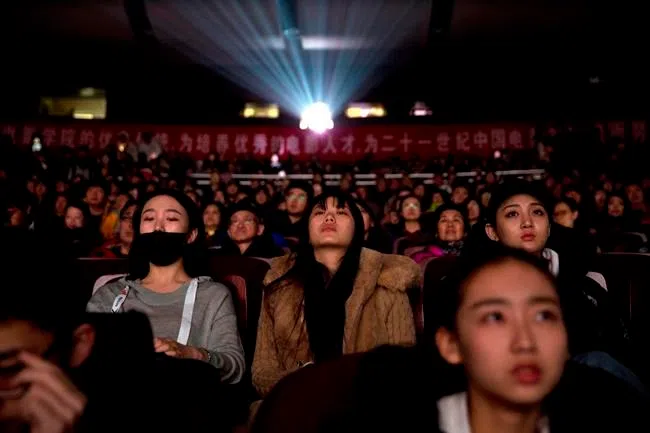
‘Amazing China’ documentary more fiction than fact
SHANGHAI — A Chinese company that manufactured Ivanka Trump shoes and has been accused of serious labour abuses is being celebrated in a blockbuster propaganda film for extending China’s influence around the globe.
The state-backed documentary “Amazing China” portrays the Huajian Group as a beneficent force spreading prosperity — in this case, by hiring thousands of Ethiopians at wages a fraction of what they’d have to pay in China. But in Ethiopia, Huajian workers told The Associated Press they work without safety equipment for pay so low they can barely make ends meet.
“I’m left with nothing at the end of the month,” said Ayelech Geletu, 21, who told the AP she earns a base monthly salary of 1,400 Birr ($51) at Huajian’s factory in Lebu, outside Addis Ababa. “Plus, their treatment is bad. They shout at us whenever they want.”
With epic cinematography, “Amazing China” — produced by China Central Television and the state-owned China Film Group Co. Ltd. — articulates a message of how China would like to be seen as it pursues President Xi Jinping’s vision of a globally resurgent nation, against a reality that doesn’t always measure up.
